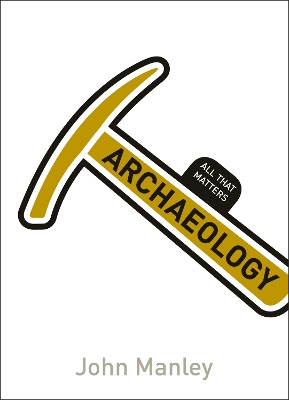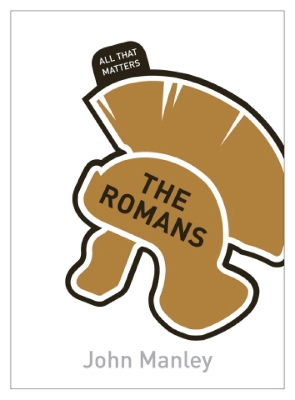All That Matters
2 total works
- When did archaeology begin?
- Who were the first antiquarians in early modern Europe?
- How did archaeology free human history from biblical creationism?
- How did archaeology become a pseudo-scientific discipline?
- Who built the first museum?
Leading expert Dr John Manley starts by dealing with the processes and techniques used by archaeologists, in the past and today. He then uses the results of famous archaeological studies both to illustrate the power of archaeology, and to show specifically what archaeology has taught us about Roman, Egyptian, ancient, and surprisingly recent, history. In an exciting final chapter, Manley wonders how archaeology may adapt over time, exploring how the archaeologists of the future may examine our own era.
Ideal for students or for general reading, this book delivers a thorough and comprehensive introduction to archaeology.
All That Matters about archaeology.
All That Matters books are a fast way to get right to the heart of key issues.

